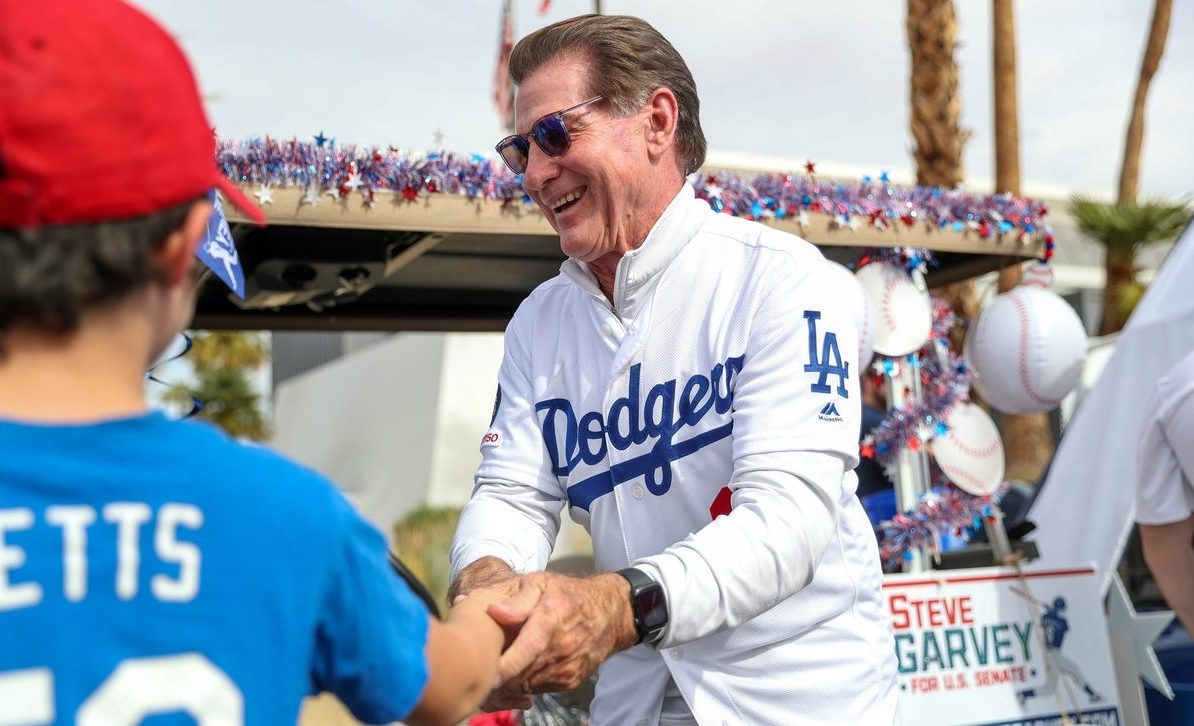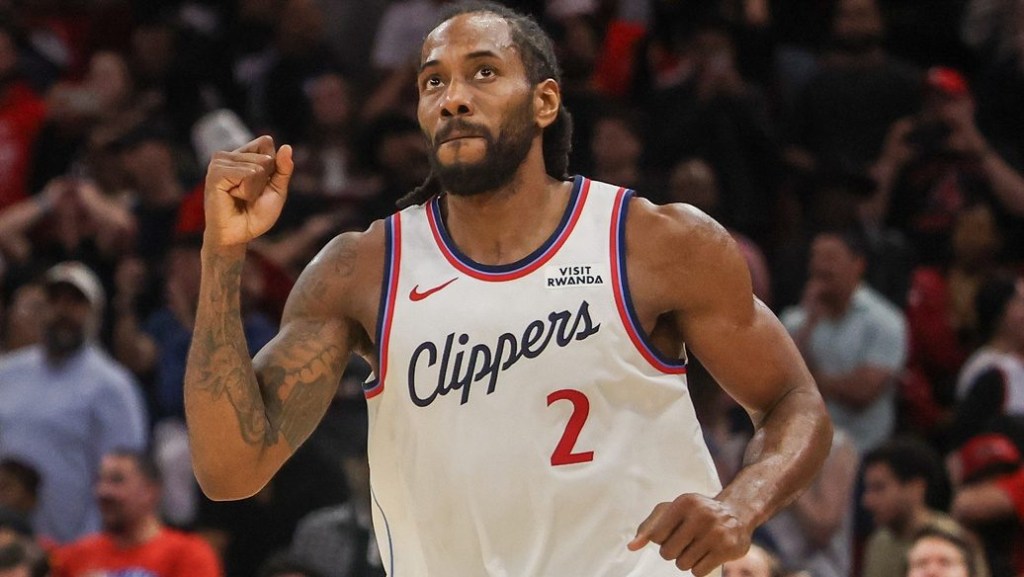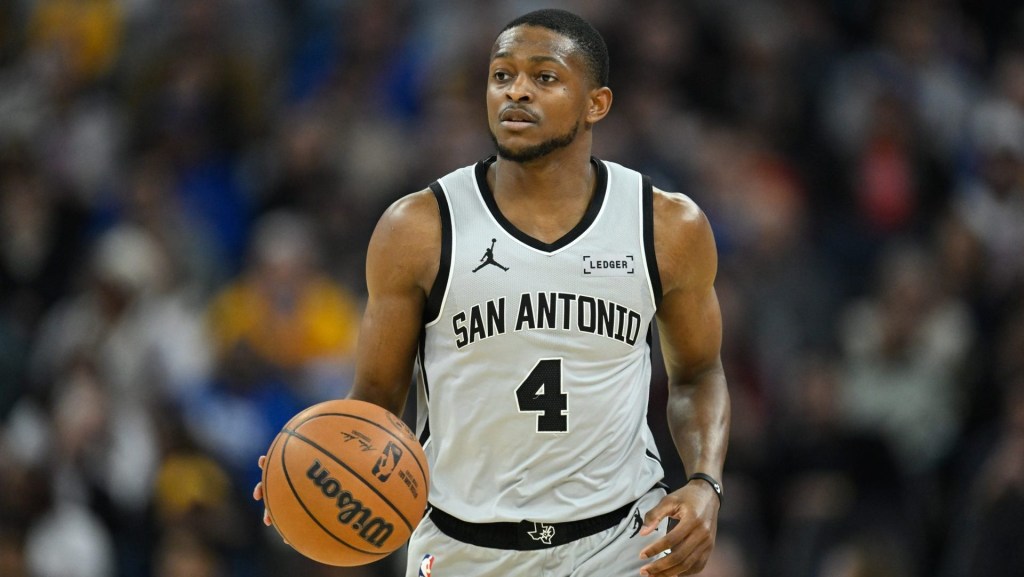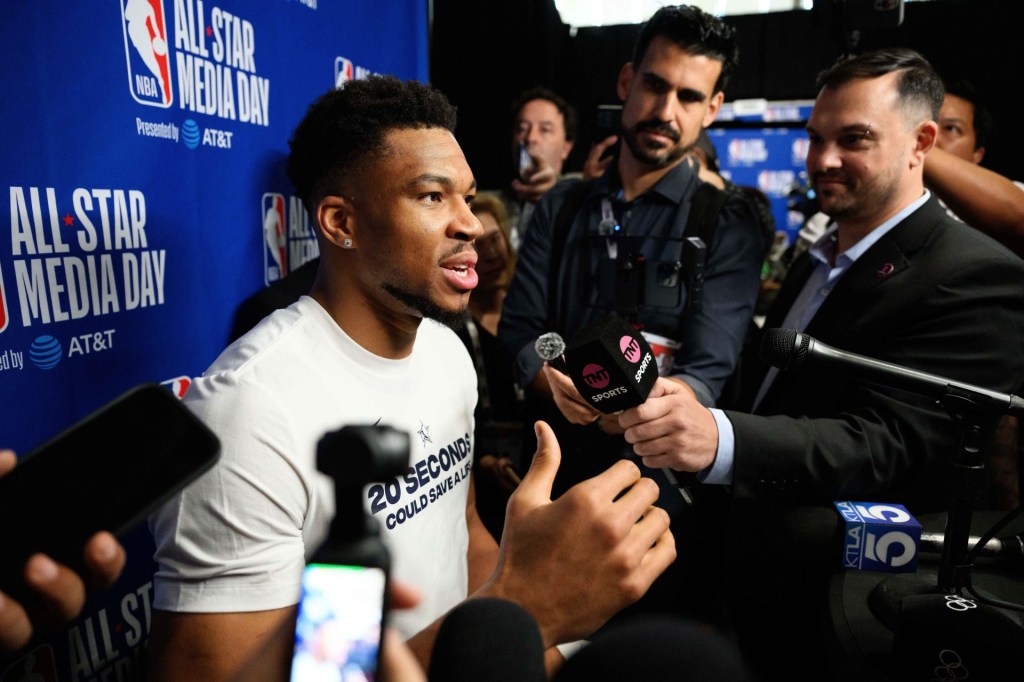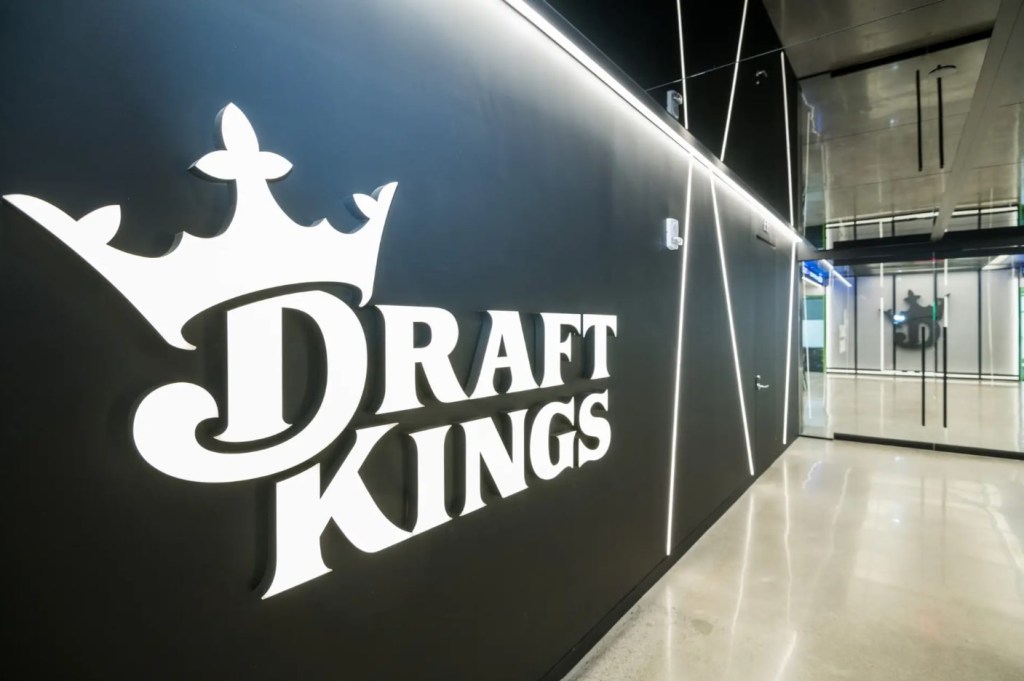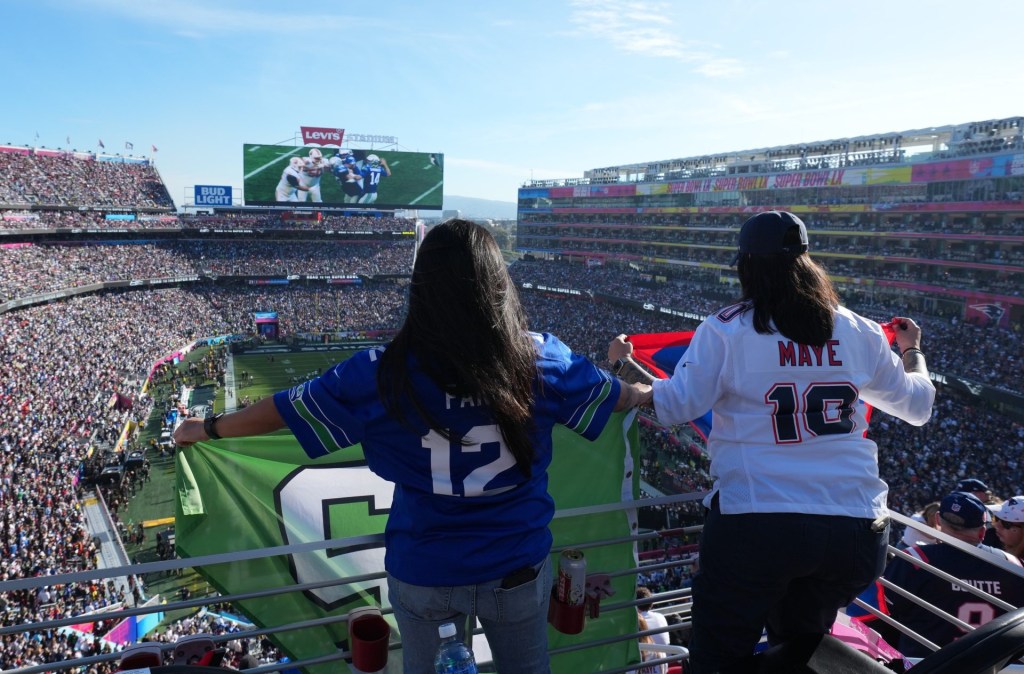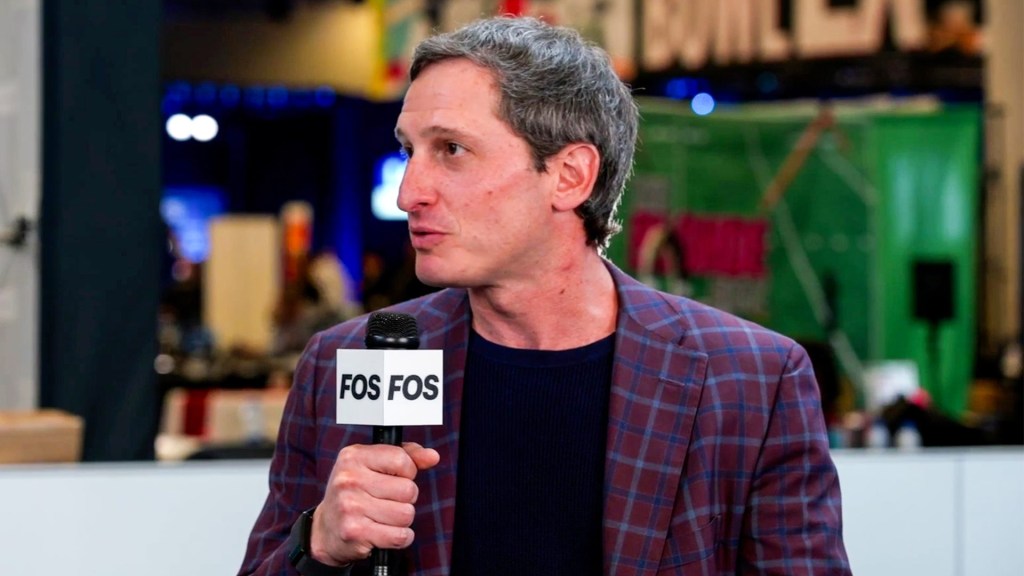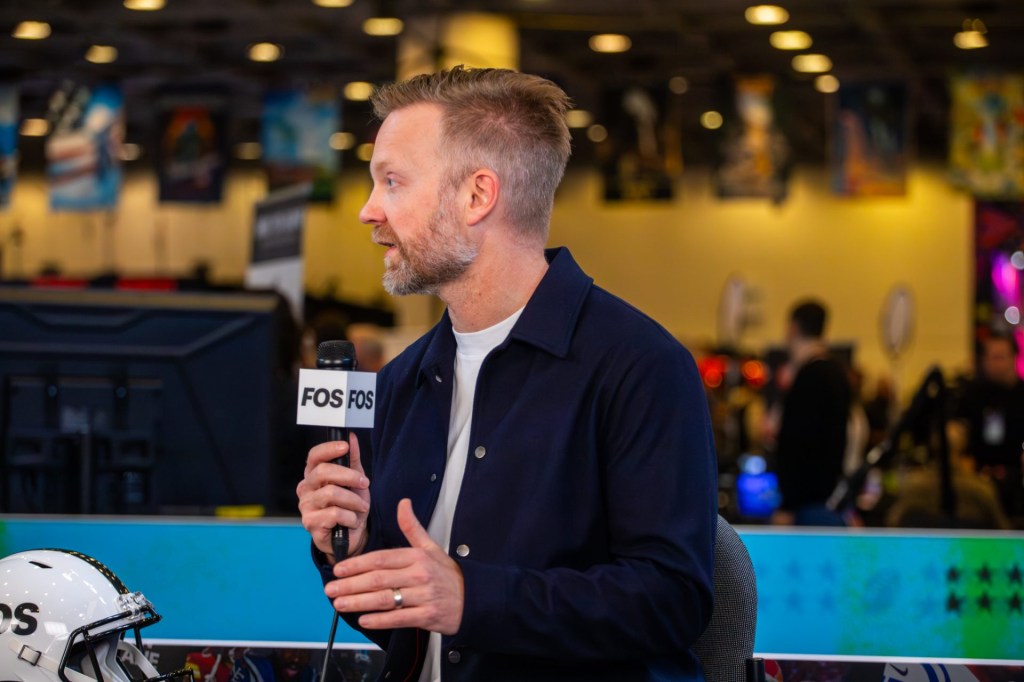Sports are hardly the primary issue on the ballot for this year’s election, particularly given the many other consequential matters at stake. But there are still several notable sports-related measures and figures going before voters this year.
Amid an election that includes the American presidency, 33 U.S. Senate seats, and the entire House of Representatives, key choices on various local ballots involving sports in some way include:
- Missouri sports betting: Voters in the Show Me State will consider whether to legalize sports betting there. If approved, the activity will be legal in 39 states and the District of Columbia, growing further from just in Nevada before a landmark U.S. Supreme Court ruling in 2018. More than $40 million has been poured into the Missouri campaign—a record for a ballot measure in the state—and nearly all of that has come from FanDuel and DraftKings, the two most dominant entities nationally in sports betting. The measure also has support from all of the major pro sports teams in St. Louis and Kansas City. Sports betting has also been legal in neighboring Kansas for more than two years, heightening the pressure on Missouri to act.
- A U.S. Senate seat in Texas: Democratic challenger Colin Allred, a current congressman and former NFL linebacker with the Titans, is facing Republican incumbent Ted Cruz. Initial polling has favored Cruz by about four points, and Democrats have not won a statewide election in Texas in 30 years. But the race is believed to have tightened in recent weeks and is now widely seen as a potentially key indicator of broader voter sentiments. Allred’s NFL background has been a frequent topic in both campaigns.
- A U.S. Senate seat in California: Former Dodgers superstar and Republican nominee Steve Garvey is going up against current Congressman and Democratic nominee Adam Schiff. This race is not really a contest in deep-blue California, and Schiff has held a lead of more than 20 points in pre-election polling—allowing him to travel out of state in recent weeks to campaign instead for other Democratic candidates. Garvey, however, also showed up Monday on a separate ballot for the Baseball Hall of Fame’s Classic Baseball Era Committee. A selection will be made Dec. 8, and other figures there include pitching legend Tommy John.
- A U.S. Senate seat in Minnesota: Royce White, a pro basketball player and now a far-right politician, is competing against incumbent Democrat Amy Klobuchar. White briefly appeared in the NBA in 2014, also competed in the NBA G League and National Basketball League of Canada, and is still part of the Big3 3-on-3 league. But as Klobuchar is popular in Minnesota and White has embraced several extreme conspiracy theories, this race, too, is not close and she holds a solid polling lead in double-digit percentages.
- College sports: More indirectly than the other races above—but almost certainly more far-reaching—the overall makeup of Congress following this election will have a significant bearing on the entire notion of amateurism in college athletics and whether athletes are classified as employees. Control of both the U.S. Senate and House—determined on a state-by-state and district-by-district level—will also reshape the leadership of key panels such as the Senate Commerce Committee that will dictate the flow of bills related to college sports.
Separate from the sports-related ballot measures, game broadcasts have also been a highly fertile area of recent political advertising—to the point where Fox Corp. CEO and executive chair Lachlan Murdoch apologized Monday for the heavy intrusions into college and pro football games.
